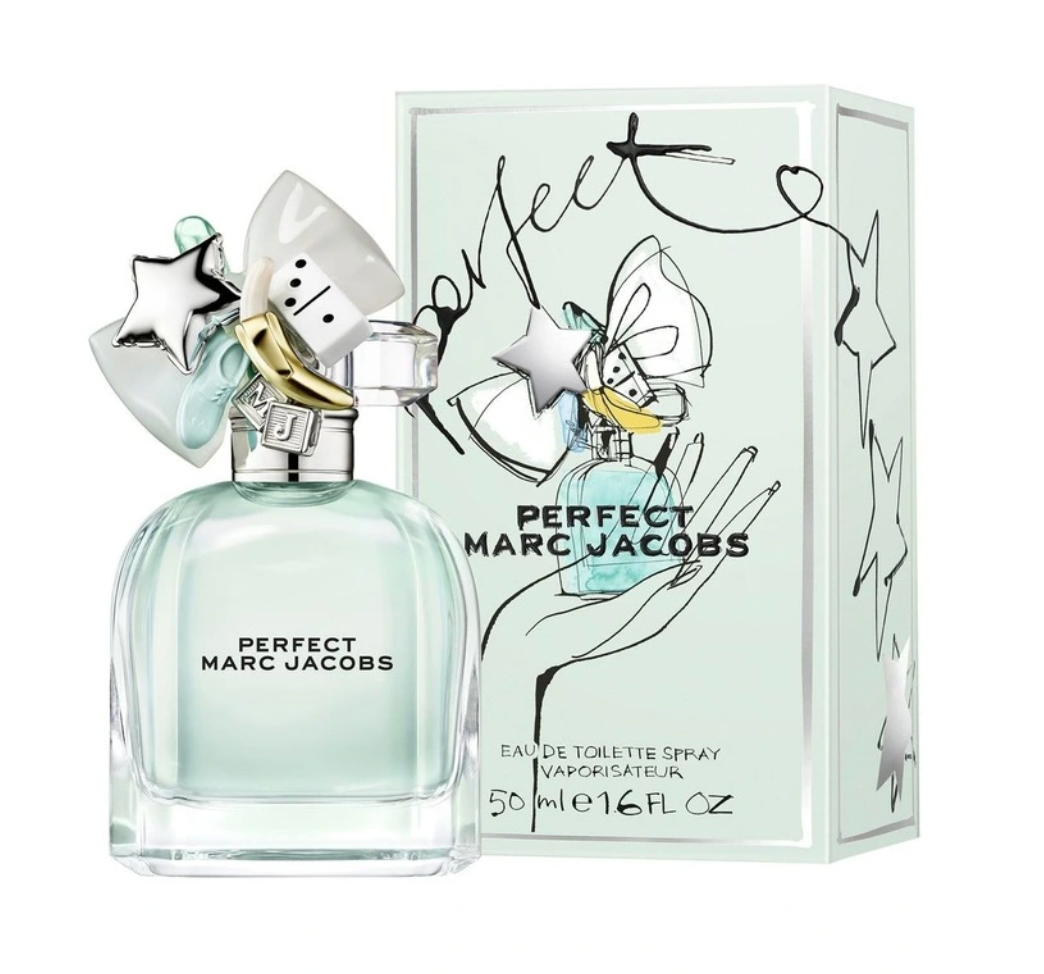The Surprising Connection Between Our Sense Of Smell and Habit Formation
Even the most casual beauty obsessives are probably well aware of the impact of a good scent. Whether you tend to lean towards a perfume that's a little more floral and fruity or something more earthy and warm, there's nothing quite like having a signature scent you can rely on to tie a whole look together. But, the power scent holds runs even deeper.
Studies have shown that scent can trigger deep emotional memories and also boost our moods. So, it's not surprising that certain aromas may also have the ability to help us build (and keep) daily rituals too.
AdvertisementADVERTISEMENT
Our feeds are constantly dominated by routine-focused content. Between corporate girlies romanticising their productive 5-to-9's before the work day begins or gym lovers showing off their training schedules, it can feel a little overwhelming if you're searching for habit-building inspiration.
So, if landing on a perfume or smell can lend a helping hand when it comes to setting up daily rituals, we're here for it.
What Does Science Say?
According to science, scents have more of a connection to memory than any of our other senses. It's such a strong experience that it's often referred to as a 'Proustian' moment, named after French author Marcel Proust's gorgeous retelling of how a "soupçon of cake in tea sent his mind reeling" in his 1913 novel À la recherche du temps perdu.
Personally, nothing makes me more warm and gooey on the inside than the smell of a gardenia blooming at the end of November, taking me back to the excitement of the impending summer holidays during school.
As Harvard states, this is because smells are "handled by the olfactory bulb, the structure in the front of the brain that sends information to the other areas of the body’s central command for further processing". As a result, odours take a direct route to the brain's 'limbic system', which includes the amygdala and the hippocampus — the regions most related to emotion and memory. In laymen's terms, when we smell something the memory of it goes deep into the brain and stays there with all associated emotions and places inextricably linked.
AdvertisementADVERTISEMENT
When it comes to forming habits, science states that every habit begins with a cue, and the process in the brain is a three-step loop. First, the 'cue' tells your brain which habit to use. Secondly, there's the routine element which is either the physical act of carrying something out (or a mental or emotional pattern). And finally, there is a a reward, which helps your brain figure out if this particular loop is worth remembering for the future. Over time the brain develops a sense of anticipation and craving once a cue is triggered and then a habit is born.
Given this, a 'cue' for a habit or ritual can come from a powerful scent — think about how the smell of coffee can trick our brains into work mode on even the most dreary of Mondays or how the smell of freshly cut grass can make heading out to go for a run that much more bearable.
There are studies to strongly back up the correlation between accelerated cognitive performance and scent. This 2016 study, "suggested a significant role for olfactory stimulation in the alteration of cognition, mood, and social behavior."
Within the study, electroencephalography (EEG) was used to measure brain wave activity when participants were exposed to different smells. For example, exposure to the fragrant molecules of lavender oil significantly decreased alpha brain waves (therefore reducing stress levels), whereas exposure to chocolate and spearmint odors significantly reduced the theta brain waves (meaning it promoted drowsiness). So, if you're looking for a scent to kick off a powerful workday habit cue — opting for a bold and floral spritz of a perfume like Marc Jacobs' Perfect EDT is probably a winner. Unfortunately, the sweet, warm embrace of a chocolate croissant baking in a cafe might not send you down the best path for productivity.
AdvertisementADVERTISEMENT
Additionally, other studies have investigated the influence of fragrances with sedative effects (lemon, lavender and sandalwood) and awakening effects (jasmine, ylang-ylang, rose and peppermint) on visual display terminal task (VDT) activities, revealing that the fragrances impacted the subject's concentration on work and mentally stabilized them.
There's a lot of science around how long it takes to form a habit. If you're looking to give your whole wellness or working routine a complete zhuzh then lighting a few candles probably isn't going to be the saving grace in it all.
However, given we're all trying to find small ways to make it through this increasingly crazy world, if we can get a little helping hand from a pleasant aroma, we'll take it.
Want more? Get Refinery29 Australia’s best stories delivered to your inbox each week. Sign up here!
AdvertisementADVERTISEMENT








